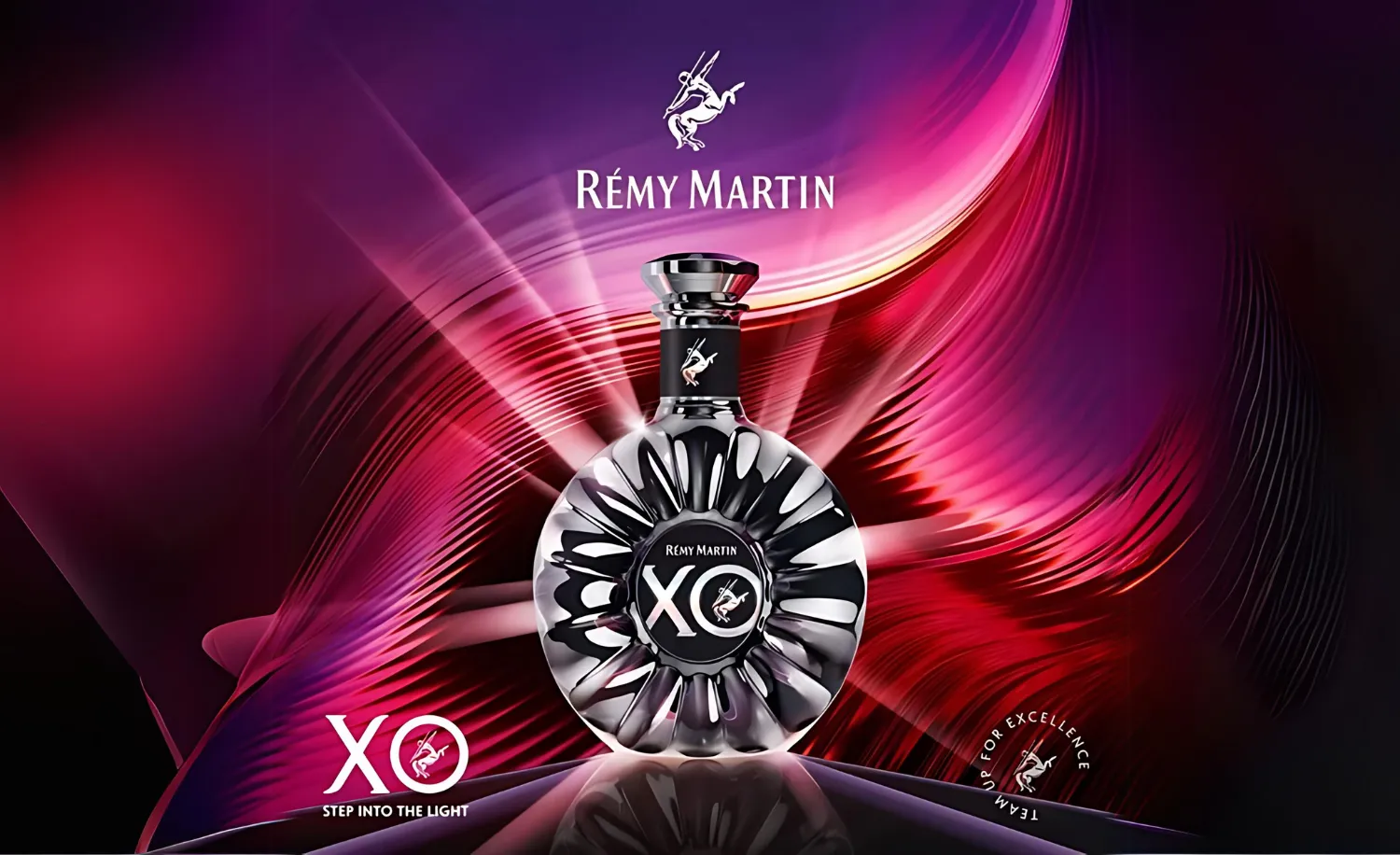Homegrown brands Rewriting the wine story

Domestically produced wines in India have come a long way in terms of quality, and consumers are beginning to recognise this. A clear proof of this lies in the fact that Indian wines are served in many Michelin-starred restaurants around the world. Between 2010 and 2017, the Indian wine industry recorded a double-digit compounded annual growth rate of over 14 percent, making wine the fastest growing alcoholic beverage in India.
Swarnendu Biswas explores the issue.
One redeeming feature of India’s wine industry during recent years is the rising numbers of good quality products from domestic wine players, who can easily cater to the price-sensitive but fast evolving India’s wine market. Now, many of India’s wine products can match international standards. There is also no denying the fact that domestic wines in India have greatly evolved over the years.

“Indian wines have evolved over the last three decades. A lot of development has happened in viticulture and winemaking in India; focusing on improving the quality of Indian wines. We can definitely say that our various wineries, be it Grover Zampa or Charosa can match the best of international wineries. A clear proof of this is in the fact that Indian wines are in many Michelin starred restaurants around the world,” affirms RaviViswanathan, Chairman, Grover Zampa Vineyards.
Evolving Industry
Grover Zampa is exporting to 22 plus countries now and have won more than 140 awards in the last six years across three continents, in top wine competitions. “Indian wines have come a long way in terms of quality and the fact is that Indian consumers are recognising this. Wineries in India now have more reserve portfolio than ever before. Grover Zampa has an impressive number of reserve wines and some of the most premium wines in the country,” Ravi adds.

Kapil Sekhri, Director of Fratelli Wines, says that India is already producing world class wines. The style of Indian wines, he says, is difficult to categorize but they are more tuned to young wines. “Indian wines will be more fruit forward with good structure of acidity,” he adds.
Rajeev Samant, Founder and CEO, Sula Vineyards expresses his confidence for Sula Vineyard’s wines. “We adhere to quality and sustainable practices across all aspects of our viticulture and wine making. The finest qualities of vines are being used by us to produce globally acclaimed wines,” he discloses.








